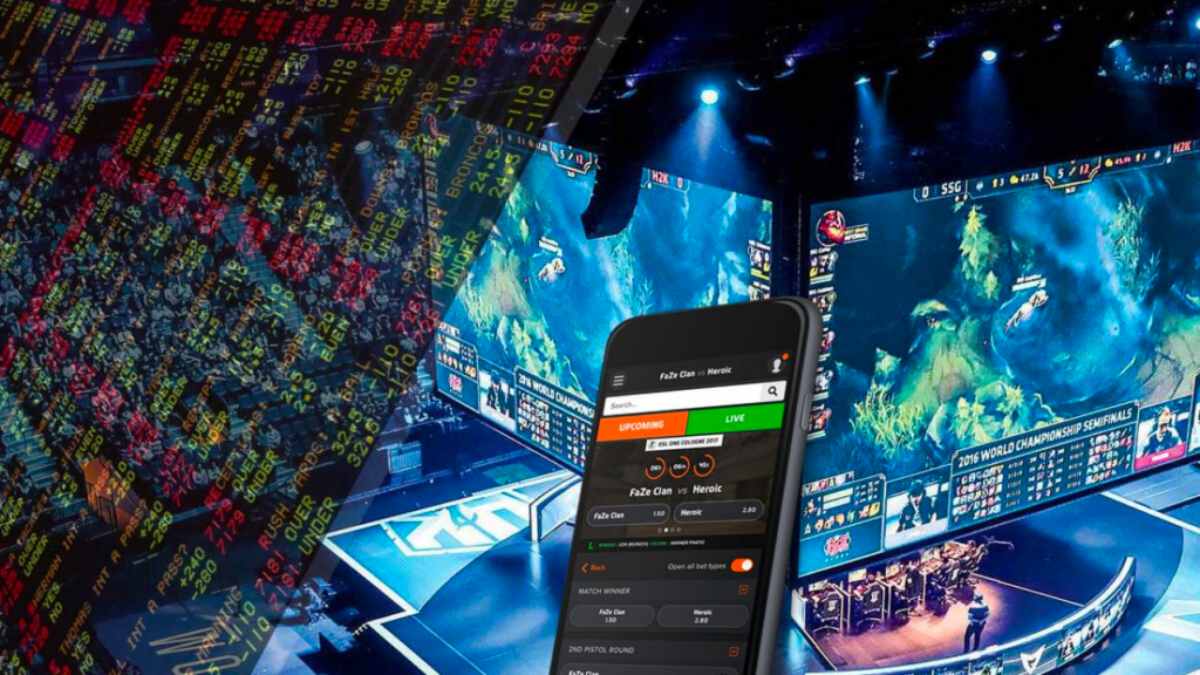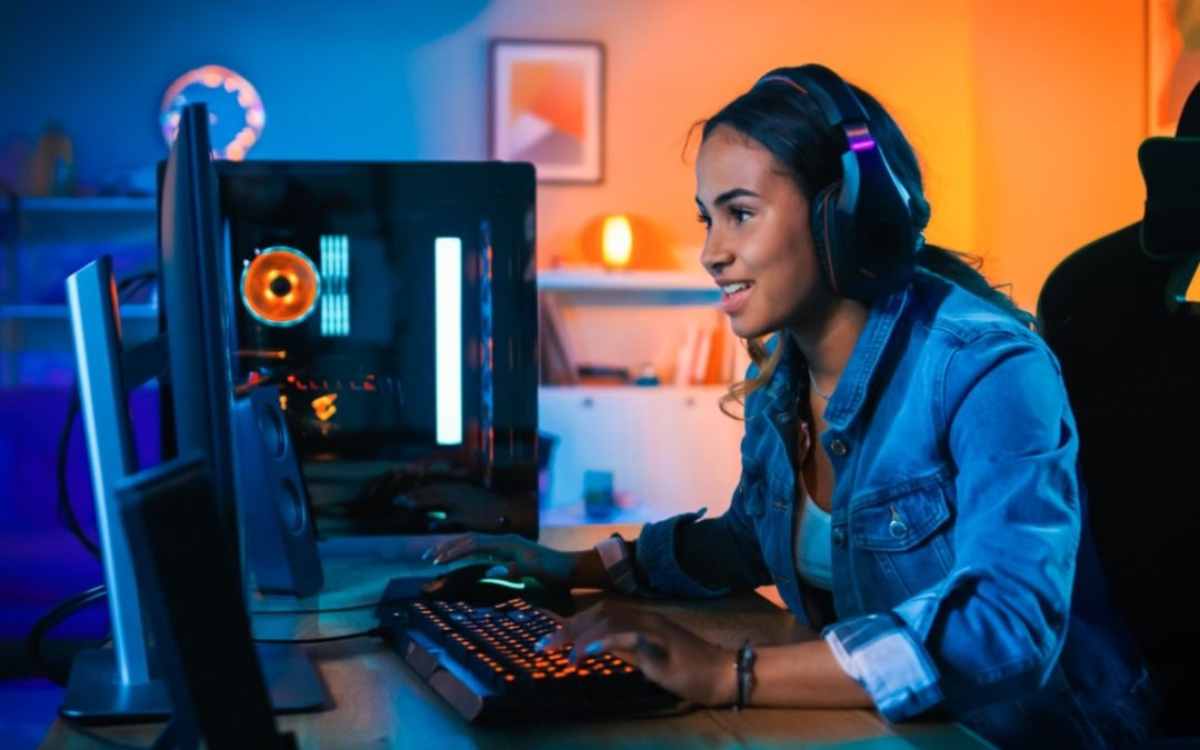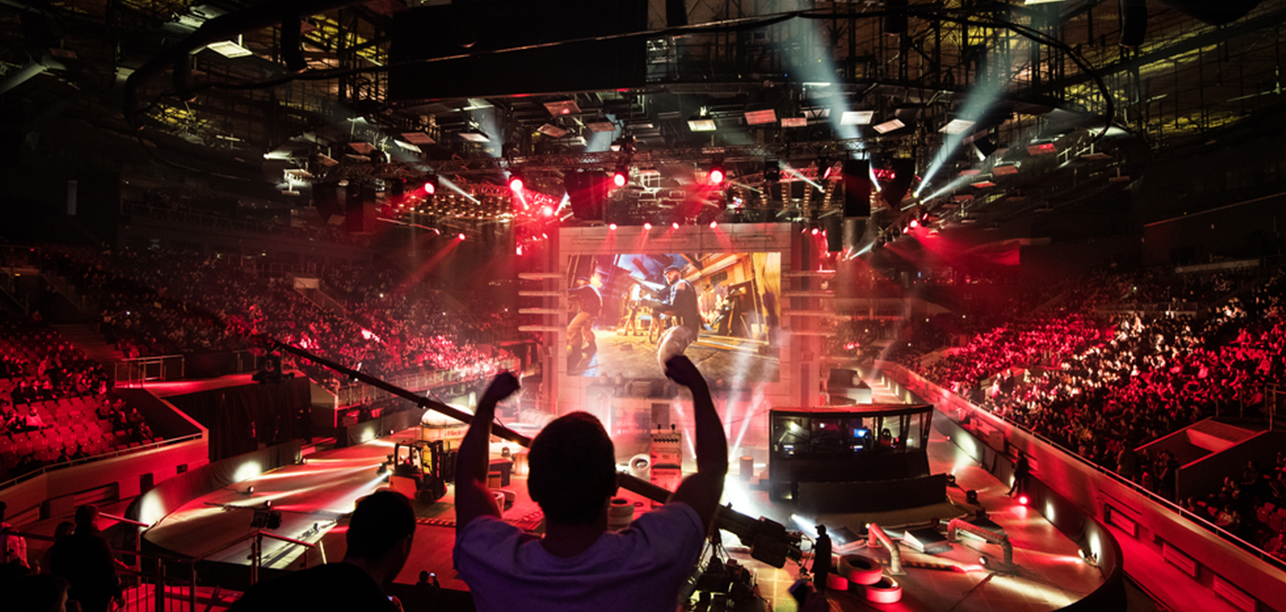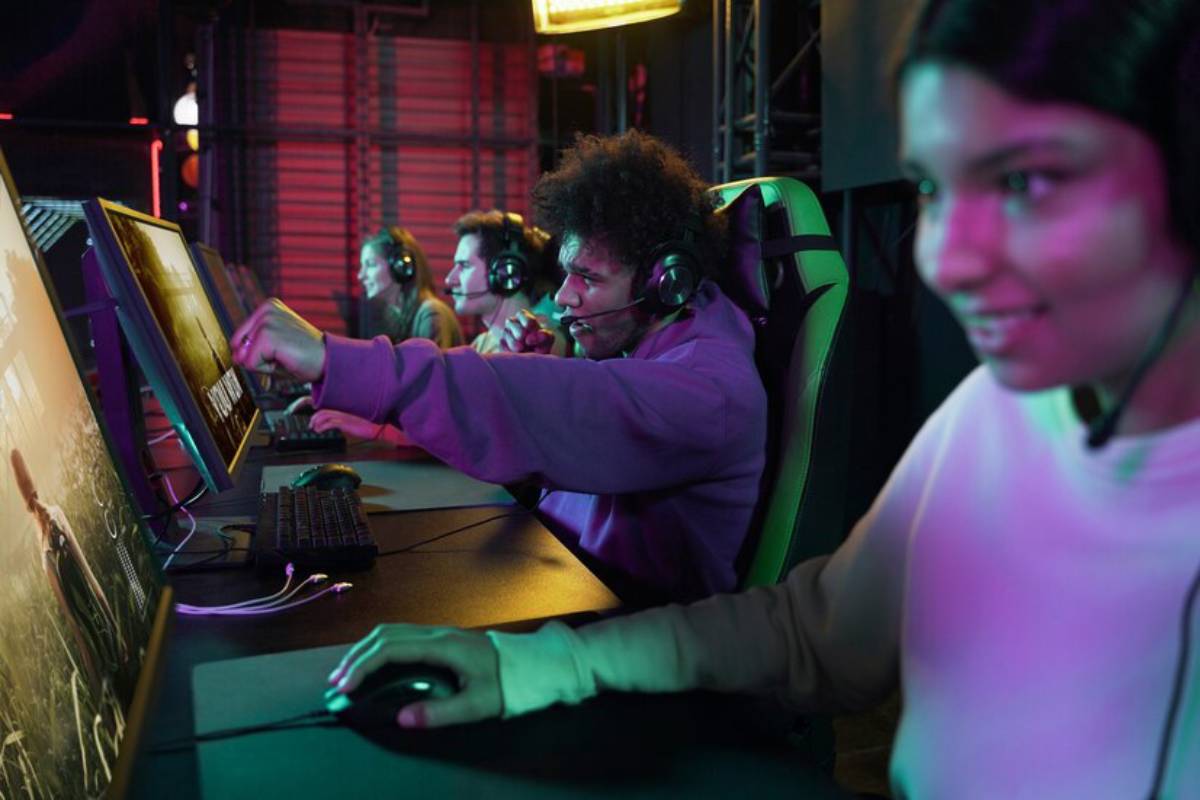
The Training Regimens of Top Esports Teams
Gone are the days when gaming was considered just a hobby. Esports is now a billion-dollar industry. It features high stakes and fierce competition. Athletes train just as hard as those in traditional sports. As esports becomes more competitive, top teams are sharpening their preparation tactics. They want to gain every edge they can.
In this deep dive, we examine the training methods and practice routines of top esports teams and reveal what it truly takes to reach the top of the leaderboard.
The Myth of “Just Playing Games”
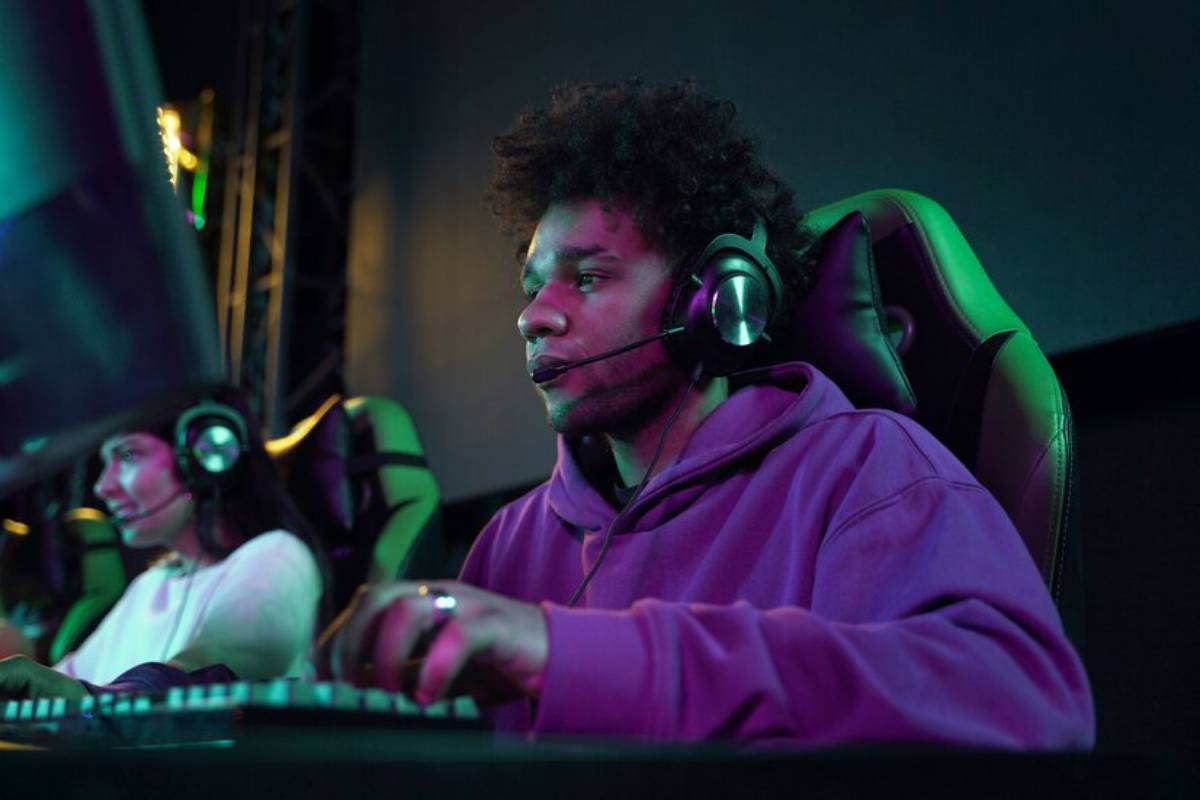
Many people wrongly think that professional gamers just play games all day for fun. Pro gamers must stay disciplined. They need to focus on both physical and mental training. Also, they follow strict practice schedules.
Top teams in League of Legends, like T1 and G2 Esports, along with CS: GO legends such as NAVI and Astralis Their results prove this approach works.
Inside a Typical Day: Esports Practice Routine Breakdown
Most elite esports teams have set training schedules, which often resemble those of traditional sports teams. Routines may change by team and game, but the structure remains similar.
Morning: Physical Fitness & Mental Warm-ups
- Gym sessions or yoga: They can help improve posture, lower injury risk, and boost endurance.
- Meditation and mindfulness: Mental clarity is key to reaction times and decision-making.
- Team check-ins and reviews: Strategy briefs and feedback from coaches to align goals for the day.
Midday: Focused Individual Practice
- Solo queue grinding or training mechanics on Aim Lab, Kovaak’s, or Flashcards.
- Custom drills for reaction speed, precision, and game-specific tactics.
- VOD (video on demand) reviews of personal play for self-assessment.
Afternoon to Evening: Team Scrims
- Scrims (practice matches) against other professional teams form the core of team practice.
- Scrims are recorded and reviewed immediately after for feedback.
- Coaches guide mid-scrim adjustments and post-scrim strategy sessions.
Late Evening: Analysis & Free Play
- Final game reviews or strategic discussions.
- Some free play time to avoid burnout or explore new champions/maps.
This organised structure makes sure that mechanical skills and strategic understanding grow together.
Role of Esports Coaches and Analysts
Esports fans usually watch the players, but coaches and analysts play key roles too. They help build a team’s success.
- Coaches develop macro strategies, scrim schedules, and in-game communication protocols.
- Analysts break down opponent strategies, generate performance metrics, and support tactical adjustments.
This team supports the players. It lets them focus on their performance and preparation.
Physical Training: Esports Athletes as Real Athletes
Physical health plays a more significant role in esports training than many realise.
Why Fitness Matters in Gaming:
- Posture and ergonomics prevent wrist and back injuries.
- Cardiovascular health supports longer gaming sessions and better focus.
- Hand-eye coordination and reaction time benefit from physical drills.
Pro teams like Team Liquid and Cloud9 hire personal trainers and physiotherapists to help their players perform at their best.
Mental Conditioning: Focus, Endurance, and Pressure Management
Mental resilience separates good players from great ones. As such, pro gamer preparation now includes:
- Performance psychology sessions: To handle pressure and avoid tilt.
- Mindfulness and meditation: To maintain focus over long matches or series.
- Stress reduction techniques: Including breathing exercises and scheduled breaks.
Teams like OG in Dota 2 credit mental training for their championship wins.
Nutrition and Sleep: The Overlooked Fundamentals
Peak performance doesn’t happen on junk food and five hours of sleep.
Nutrition Plans:
- Balanced diets with protein, healthy fats, and slow-digesting carbs for sustained focus.
- Hydration schedules are tracked by team staff.
- Energy drinks are often replaced with supplements or natural alternatives.
Sleep Hygiene:
- Strict sleep schedules support mental alertness and recovery.
- Some teams use sleep-tracking wearables to monitor quality and duration.
It’s a full-body approach, and it’s paying off in consistency and player longevity.
Tech Tools Powering Training
Modern esports practice routines are heavily data-driven.
Tools of the Trade:
- Aim trainers: Aim Lab and Kovaak’s FPS Aim Trainer for shooter games.
- Replay analysis software: For strategic games like StarCraft II or League of Legends.
- Biometric tracking: Some teams use wearables to monitor stress and fatigue.
Many teams create custom software dashboards. These help track individual progress and scrim results.
Bootcamps: Intensive Training Before Major Tournaments
Before global tournaments, teams often enter a period of intense bootcamping.
- Teams relocate to training houses or tournament locations.
- Full immersion in the game with long scrim blocks and round-the-clock coaching.
- Isolation from distractions and hyper-focus on tournament metas.
Bootcamps are considered crucial in tightening team synergy and reaction protocols.
Team Dynamics and Communication Training
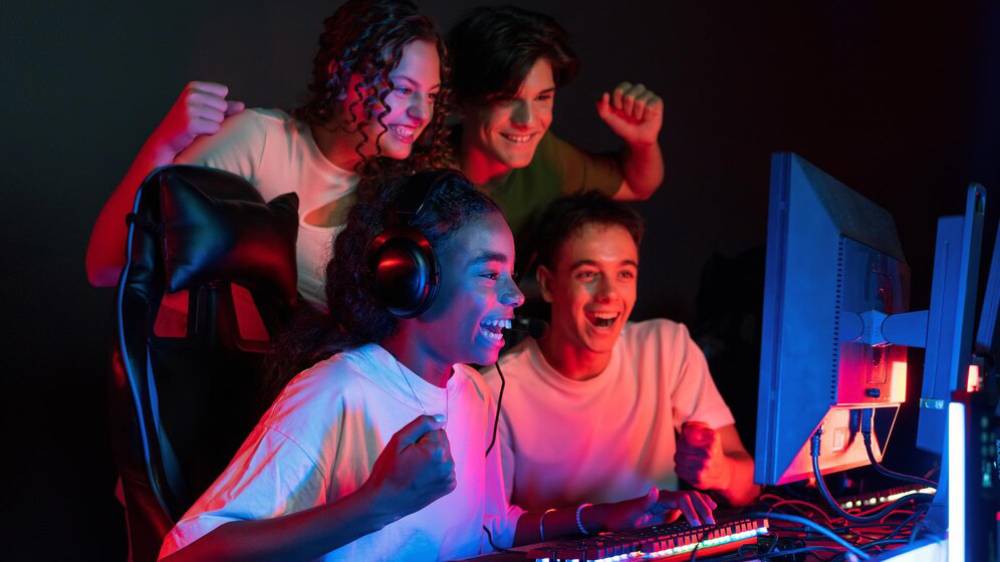
Team communication is the glue that wins matches, no matter how talented the players are.
Top teams train:
- Shotcalling systems and in-game roles
- Conflict resolution sessions to avoid mid-match tensions
- Real-life team-building exercises (even trust falls!) to foster cohesion
Effective communication equals fewer mistakes under pressure.
Adapting Across Game Titles
Different games require unique approaches:
- FPS (CS: GO, VALORANT): Emphasize aim training, positioning, and map awareness.
- MOBA (LoL, Dota 2): Strategic theory, champion mastery, and jungle control.
- Battle Royale (Fortnite, PUBG): Situational awareness and drop route tactics.
Still, in every game, discipline, preparation, and adaptability stay the same.
Final Thoughts: A New Standard of Esports Excellence
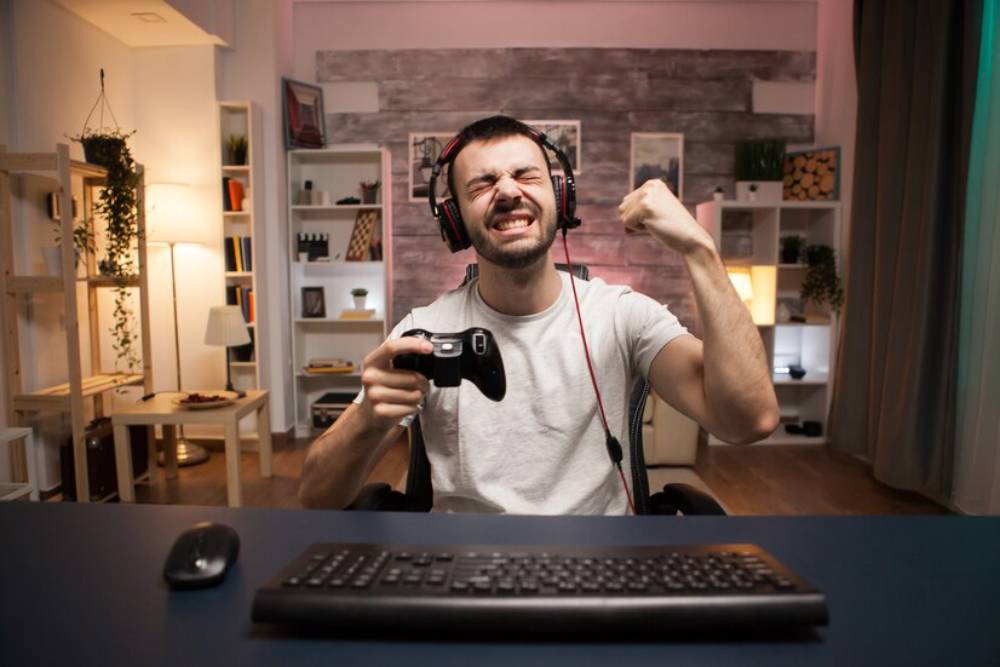
As the global esports industry matures, the bar for excellence is rising. Training goes beyond just playing matches. It’s about improving every part of human performance.
Today’s best esports teams rely on science, technology, and a strong drive to improve. If you want to be a pro or love esports, these routines show you how tough today’s gaming really is.
Ready to level up your play? Try adding structured routines, focus training, and fitness to your schedule. You may be surprised by how much pro-level discipline can help you.
